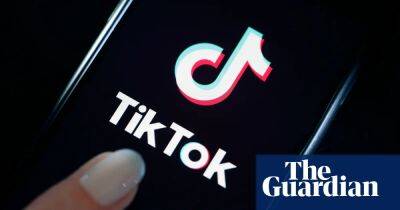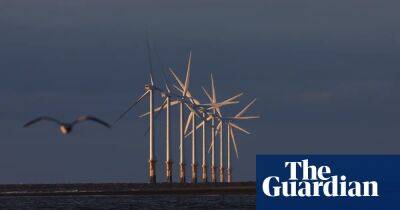Scientists pour cold water on UK aviation’s net zero ambitions
The UK would have to devote half its farmland or more than double its total renewable electricity supply to make enough aviation fuel to meet its ambitions for “jet zero”, or net zero flying, scientists have said.
A report published on Tuesday by the Royal Society argues there is no single, clear, sustainable alternative to jet fuel that could support the current level of flying.
The scientists say that while the government and aviation industry have set a target of 2050 to balance out emissions, huge challenges remain around the availability, costs and impacts of alternative fuels, as well as the need for new types of planes and airport infrastructure around the world to allow the most probable long-term solutions.
Significant further research and investment would be needed, the scientists say, to address questions across four fuel types – green hydrogen (made from water using renewable energy), biofuels (energy crops and waste), ammonia and synthetic fuels or e-fuels.
Producing enough biofuels would require about half of UK agricultural land, while other feedstocks such as municipal waste could only contribute “a very small fraction” of the jet fuel requirements, they report.
Making sufficient green hydrogen or ammonia to power future planes would require well over double today’s entire UK renewable electricity generation capacity. E-fuels or synthetic fuels – which are made by capturing and converting carbon dioxide from the air – would require five to eight times today’s UK capacity.
The Royal Society said the findings underscored the challenges of decarbonising aviation, and much work remained to be done in how such fuels were stored and handled – as well as their actual environmental impacts in production and when used
Read more on theguardian.com


















